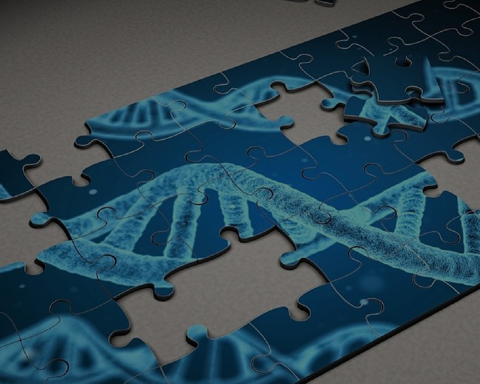Press Statement – The Alta Fixsler Case: Subsidiarity and the Importance of Circumstances
Press Statement – Alta Fixsler: Subsidiarity and the Importance of CircumstancesThe Anscombe Bioethics Centre has released a statement commenting on the ethical aspects of the Alta Fixsler case. The case involves a dispute between the parents of a seriously ill child and the healthcare team over the withdrawal of treatment and has gone before the court.
Reiterating the Centre’s position on previous similar cases, David Albert Jones, Director of the Anscombe Centre, said: ‘One fundamental problem in these cases is the idea that there can be only one option that is in the child’s best interests because “there can only logically be one best option”. The judge therefore seeks to identify what is best for the child independently of the wishes of the parents. However, this approach rests on the mistaken utilitarian idea that moral reasoning is a matter of mathematical calculation. [...] There are many ways to live that are morally upright and many decisions a parent may make on behalf of a child that are within reason. The question that judges should ask is not, “What would I do if I were the parent of this child?”, but, “Is the decision of parents in this case reasonable, or does it place the child in undue danger of suffering harm?”’.
Prof. Jones also noted: ‘It is extraordinary that, in the overwhelming majority of such cases, decisions are reached by consensus between parents and healthcare professionals. Only very rarely do such cases lead to conflict that is irresolvable and that ends up in court. When this happens, it is important that courts do not take the decision away from parents except in cases where the decision of the parents would lead to the child suffering significant harm. Whether such action by a court is justified in a particular case depends crucially on the circumstances. Furthermore, even when such action by the court is justified, the inability of doctors and parents to find a common mind still represents a failure of communication and a breakdown of trust. Taking the decision away from the parents cannot but add to their grief’.
For more information on this issue, read the full statement.
Most recent
Press Release – Anscombe Bioethics Centre Launches ‘Advance Decisions and Ethical Choices’ Project
31 July 2025
The Anscombe Bioethics Centre is pleased to launch a new suite of resources on advance statements, l...
Statement on the Anscombe Bioethics Centre
31 July 2025
A statement from the Governing Body of the Anscombe Bioethics Centre and the Trustees of the Catholi...
Copyright Announcement
25 July 2025
Henceforth, all work which had Anscombe Centre or Linacre Centre copyright is now dedicated to the p...
Sincerest Thanks for Your Support
Staff are grateful to all those who sustained the Centre in the past by their prayers and the generous financial support from trusts, organisations, communities and especially from individual donors, including the core funding that came through the Day for Life fund and so from the generosity of many thousands of parishioners. We would finally like to acknowledge the support the Centre has received from the Catholic community in Ireland, especially during the pandemic when second collections were not possible.
We would like to emphasise that, though the Centre is now closed, these donations have not been wasted but have helped educate and support generations of conscientious healthcare professionals, clerics, and lay people over almost 50 years. This support has also helped prevent repeated attempts to legalise euthanasia or assisted suicide in Britain and Ireland from 1993 till the end of the Centre’s work on 31 July 2025.



